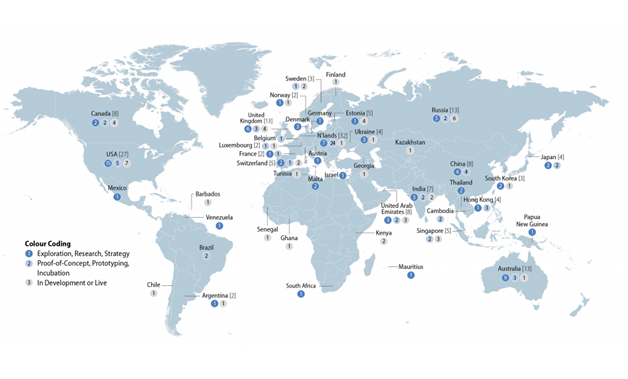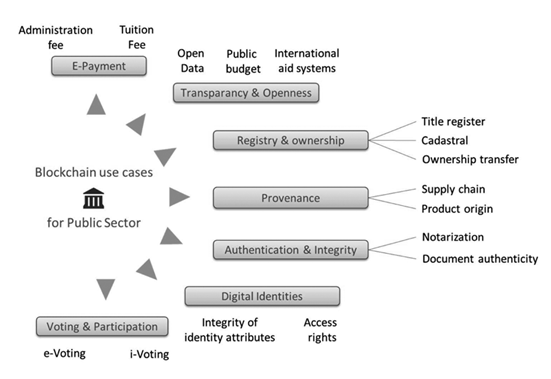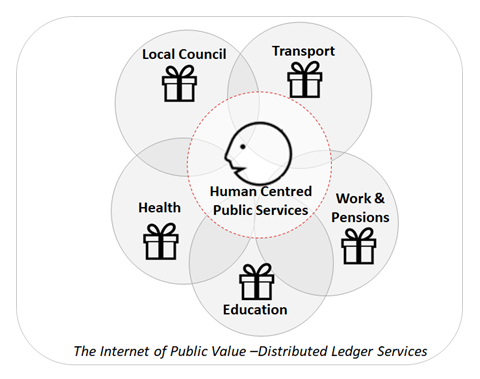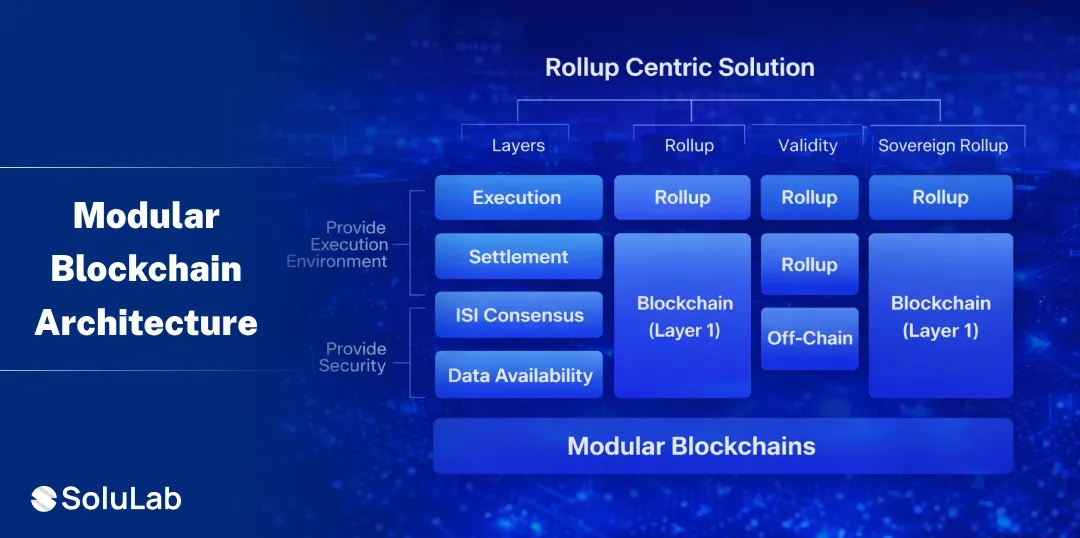Blockchain began as a publicly accessible shared ledger that formed the basis of cryptocurrency surge witnessed worldwide. Does this technology play any role in creating better public services or improving the way public sectors work?
Well, it wasn’t long before the idea of an incorruptible ledger caught the fancy of entrepreneurs worldwide. This resulted in the integration of blockchain technology into several industrial sectors. Startups sprang up worldwide that dealt with this new technology and helped create solutions that could improve the efficiency of services.
In a similar fashion, the government officials of many countries have also began to take notice. Government agencies which require speed, efficiency, and security at the helm are pushing for the infusion of blockchain into their systems. Mature institutions need to recognize opportunities where implementation is possible. Pilot projects can be used to cautiously roll out this tech. The main advantage that governments have to gain is trust – in an open system such as this, the citizens can hope to have more faith in their institutions.
Blockchain Solutions For Public Sectors In Improving Public Services
Every country has its own unique needs and it’s worthwhile to see how they adapt this blockchain solutions for public sector into their day to day operations.
Countries such as India, Canada, China and Brazil have begun trials and pilots to test how the open ledger can be applied to day to day applications in their offices.
Given below are some issues in public sectors that can be catered to with blockchain.

MAINTENANCE OF DIGITAL ASSETS AND DATA
One of the key roles played by any government is to maintain confidential data about its citizens. It is supposed to store information such as birth and death certificates, property deeds, and criminal data amongst other assets. All of this is supposedly kept at secure locations at the regional and national level. The data must be secured from forgery and unauthorized alteration. This is easier said than done in the current scenario which is heavily reliant on the physical proof. The records exist on pieces of paper which can be toyed around with. Moreover any editing requires the person to not only be physically present but also go through a lot of bureaucracy.
Blockchain can help sidestep all the issues that currently plague the system. It can help store all data on public ledgers that can be shared with all necessary institutions. Since these stored blocks of information cannot be edited without verification they’ll remain virtually tamper proof.
DIGITIZATION OF PROPERTY OWNERSHIP
As is the case with identification data, property details such as ownership, transfer, and registries are mostly stored on paper or centralized libraries. Maintaining the vast records of all land under a government and all exchanges that occur on a day to day basis can be a mammoth task. In addition to the huge volume, this process is also prone to inadvertent errors and manipulation. To transfer the ownership rights of a property from one person to another, one must go through several government agencies who take ages to get any work done.
Instead of paper based deeds and titles, permanent registries can be created for each property using blockchain. This will ease the verification process vastly decreasing the time and costs involved. All meddling agencies can be eliminated and the process can become more personalized and streamlined.
VOTING
Elections stand to be the most defining moment for any functioning democracy. Not only do these large scale events take time, they also consume a lot of resources and money. A lot of care needs to be taken to ensure that the votes are not manhandled, miscounted, or forged. Huge sums of money are spent on preparing ballots, electronic voting machines, and necessary man force. Even this cannot guarantee an election that is completely free of rigging.
Blockchain can help digitize the whole process. Votes can be likened to any other online transaction conducted across a secure space free of threats. These votes once audited into the registry will not remain prone to alteration. Moreover, voting will also be easily conducted in remote areas allowing greater participation.
CREATION OF A DATA REPOSITORY
Every agency collects their data separately and stores it in different locations. Sometimes, this data needs to be shared with other government agencies. According to a study, the officials of one Scandinavian country spent over half their days collecting data on criminals from different agencies. All the time wasted on this can be better utilized if a central repository can be created to store all data in one location.
A block containing data can be created and stored on the blockchain ledger. This block will remain encrypted and available only to a private network of computers to avoid data leakage. With blockchain, government institutions and public services will no longer need to lobby for information. They can simply check it in the central data silo.

Closing thoughts on blockchain for public services
While these changes seem plausible, they remain a distant possibility unless officials decide to take the plunge. With careful planning and investments, governments can increase transparency and fluency of the public services they offer. This eventually benefits the end users, that is, the citizens.




